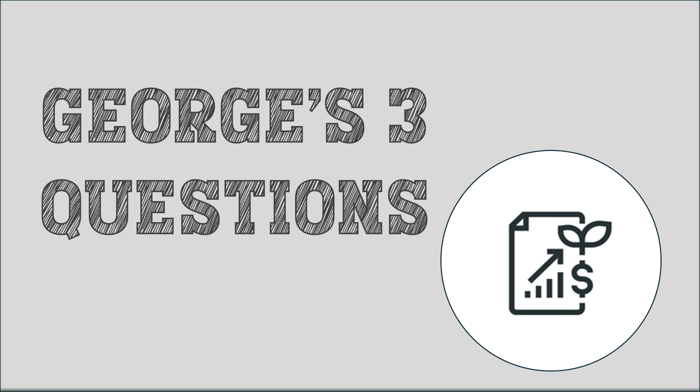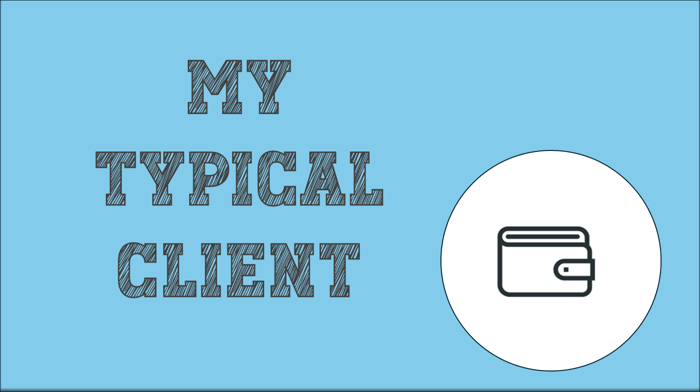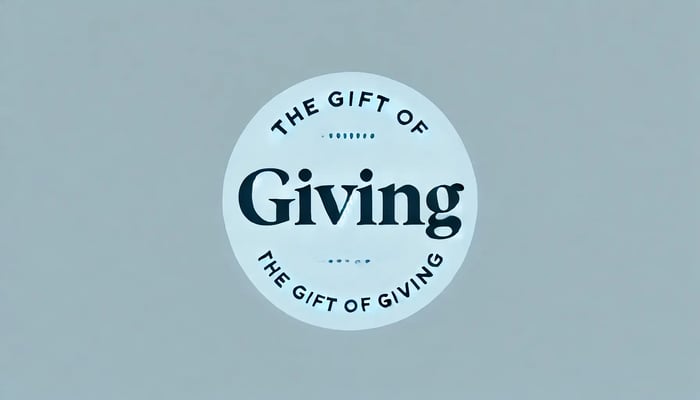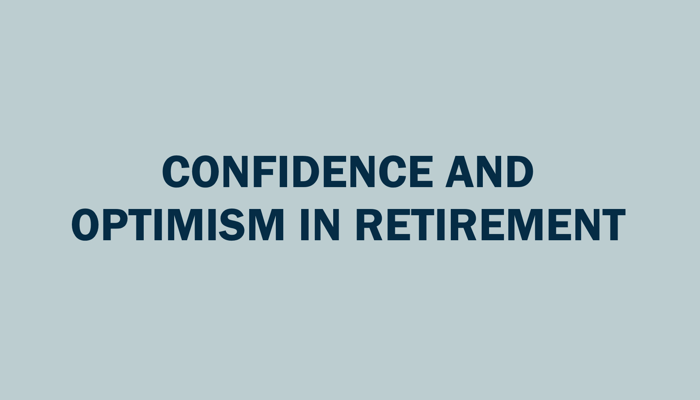How can you use goals to your advantage in life planning?
As a financial planner, I’m trained to ask you about your goals. Goals are a big deal in life
planning. Everything flows from them, including financial decisions in and leading up to retirement.
When I just come out and ask new clients, “What are your goals?” sometimes I get surface answers. It’s an overly broad question, which makes it difficult to answer with specifics.
But I know from doing this for decades that there’s far more going on beneath the surface of their hopes and dreams than answers like “My retirement goal is to travel the world” would indicate.
Luckily, a financial planner named George Kinder came up with some helpful questions to ask clients. At first, they might seem “out there” for a financial planner to ask during a life planning session, but they definitely get my clients (and me) thinking deeply.
Check out George’s life planning questions, which I’ve listed below. I urge you to ask them to yourself and your spouse or partner. They will help you not only with life planning in general but also determining your retirement goals. That makes my life and that of every financial planner significantly easier.
First Life Planning Question
Imagine that you are financially secure, that you have enough money to take care of your needs, now and in the future. How would you then live your life? What would you do with the money? Would you change anything? Let yourself go. Don’t hold back your dreams. Describe a life that is complete and richly yours.
This question is about financial independence. George is asking us to set aside our financial motivations for working for a moment. Would we still work the same job? Would we do a different job? How would we spend our time?
It’s important for financial planners to know what their clients would do with their lives if freed of all financial contracts. They can then help their clients develop a retirement portfolio that can realistically get them there.

Second Life Planning Question
Your doctor tells you that you have five to ten years to live. The good part is that you won’t ever feel sick. The bad news is that you will have no notice of the moment of your death. What will you do in the time you have remaining to live? Will you change your life, and how will you do it?
Here George is challenging us to really identify what’s most important, what our most deeply held values are.
This essential question also forces us to prioritize what is really important to us instead of wasting time on things that are not important to us. If you had five years left to live, would you spend as much time shopping? On social media? Wasting it holding petty grudges against the bank teller who took her break right as you were ready to step up to the counter?

Third Life Planning Question
Now imagine your doctor shocks you with the news that you have only one DAY left to live. Notice what feelings arise as you confront your very real mortality. Ask yourself: what dreams did I leave unfulfilled? What do I wish I had finished or had been? What do I wish I had done? What did I miss?
I think of this as the “fear and regret” question. It made me uncomfortable. But that can be a good thing! I actually decided to become a financial advisor soon after confronting this question, so it did change my life, and for the better.
Here George is prompting us to think about what our biggest regret is likely to be on our deathbeds unless we change our lives now. Would your regret be not reconciling with a loved one after a schism that started during a political argument? Not spending a summer in Greece? Never finishing the draft of the novel at the bottom of your desk drawer?
It’s also a great question because any of us could die at any time. If we fulfill our true purposes in life, we can do so without feeling regret.

Articulating Meaningful Goals
Whether you’re working with a financial advisor or not, articulating life planning goals and prioritizing them can be a clarifying experience.
If you are working with a financial advisor, the more you share your values and goals, the more that advisor can help you live the life you want, free of financial encumbrances and things that don’t matter.
One last thing: a quick test. Answer this question. What do you want to do with the rest of your life?
If all you can come up with is “I want to retire at 62,” then it’s time for you to sit with George’s three questions. Really think about them. Mine the golden dreams that lie in your answers. Talk to your partner about them. Expose them to your financial advisor.
You’ll be glad you did.
Want to explore more existential questions about your life’s purpose and retirement? Check out my book Be the Bird to get more ideas about the role of finding your true purpose in retirement.






